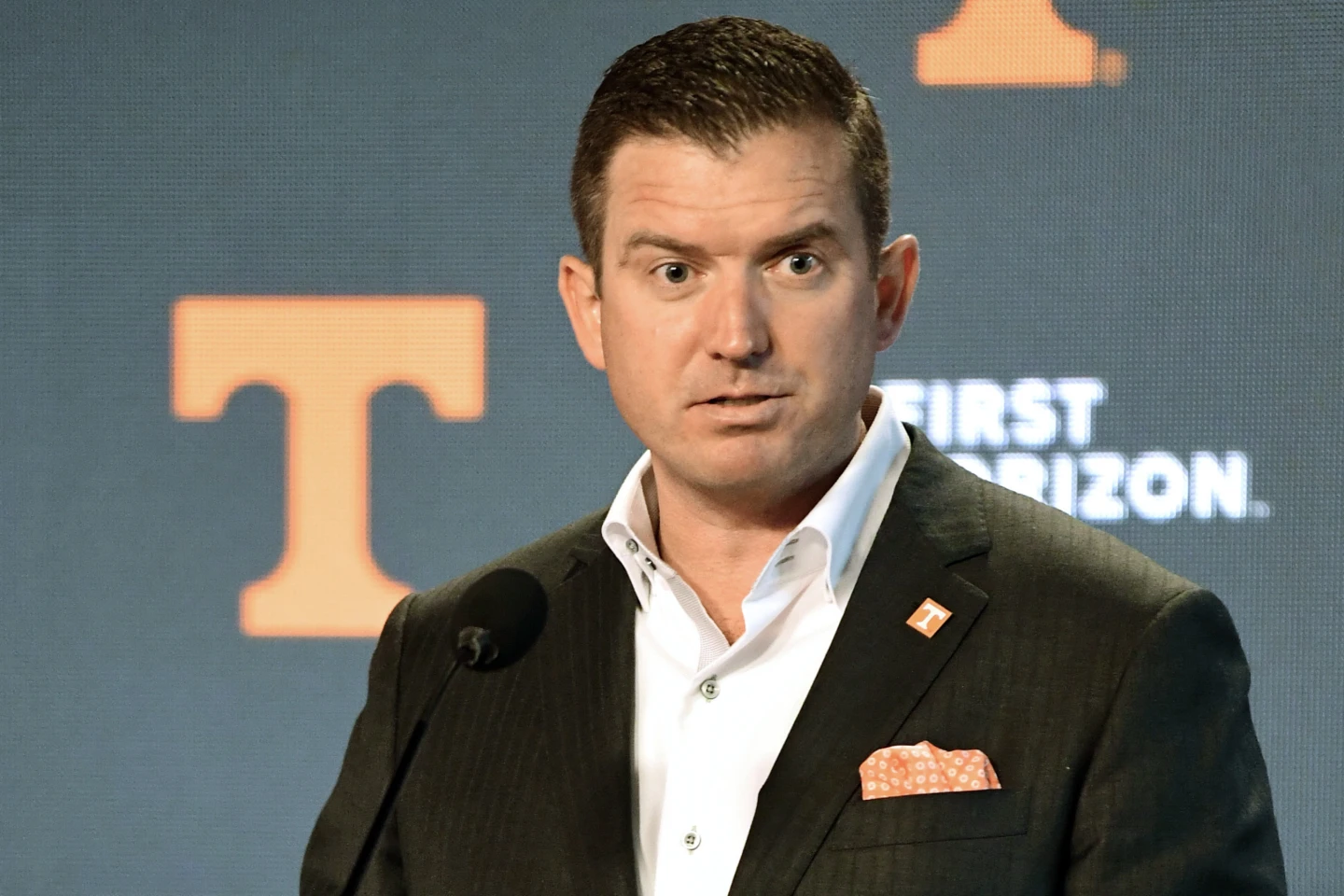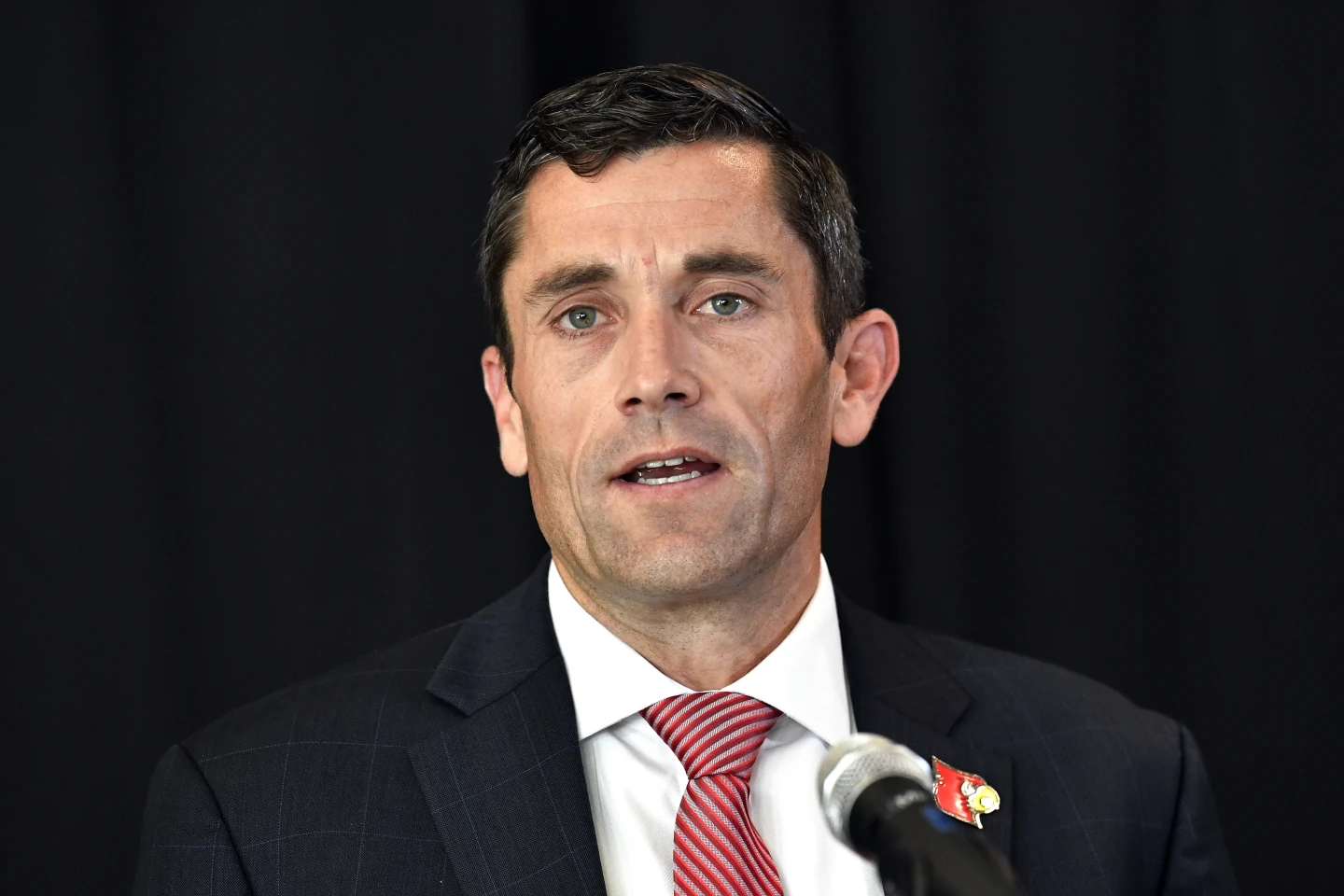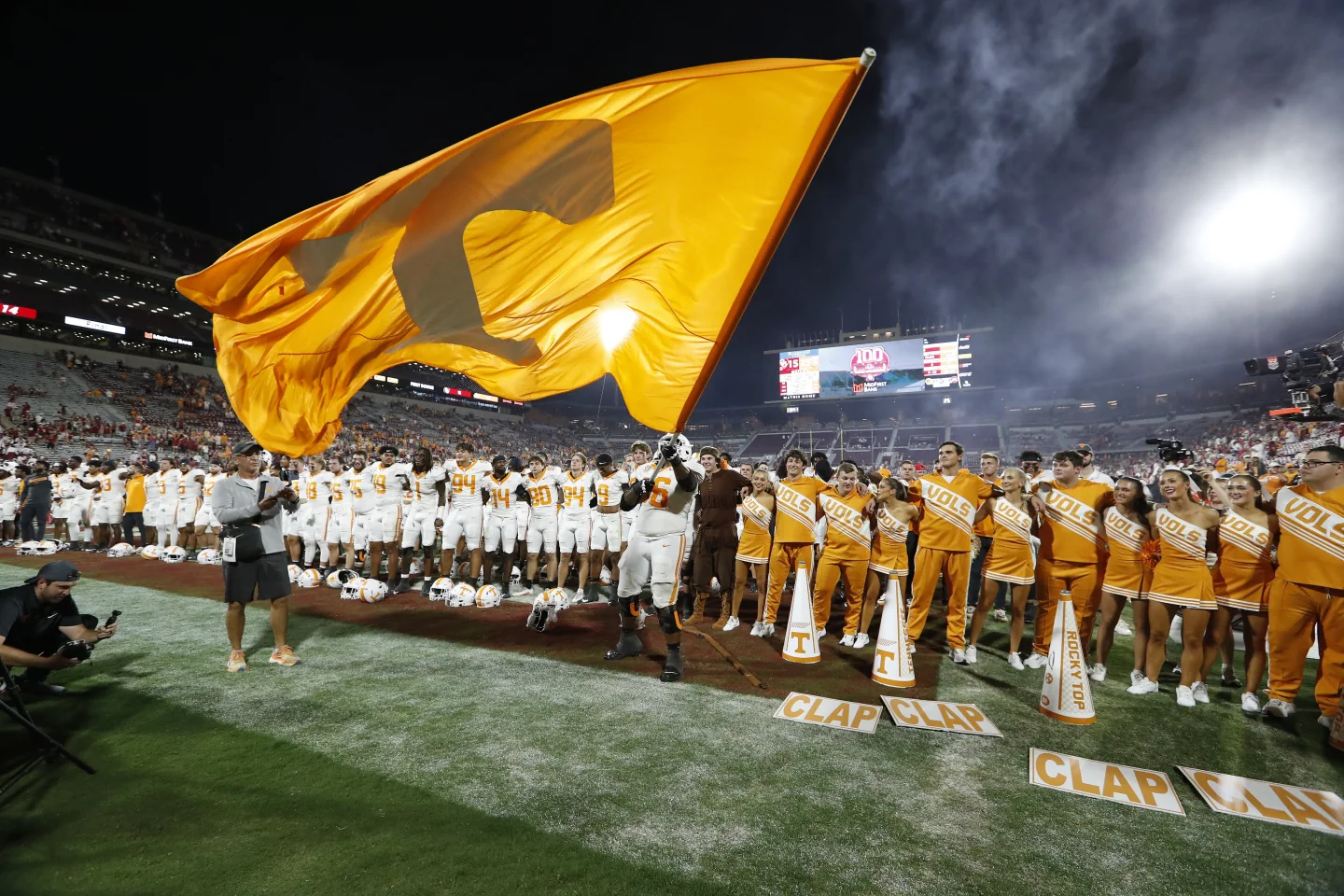The ongoing discussion about name, image, and likeness compensation in college sports was expected to be addressed, and it wasn’t surprising when Tennessee’s athletic department stepped up to make a clear statement.
Last week, the school announced a 10% “talent fee” for renewing 2025 football season tickets to support its athletes and help the No. 5 Vols attract and retain top talent.
This comes on top of a 4.5% increase that athletic director Danny White explained in a video as a way to keep the program “flexible” as the college sports model changes.
This price increase might be seen as a proactive step after an agreement to pay $2.78 billion in damages to numerous athletes dating back to 2016. As part of that agreement, schools will distribute up to $21 million in revenue to athletes each year, starting next fall.
Some schools have already raised ticket prices in anticipation of these budget changes. Tennessee might be the first to specifically mention a fee for talent as competition for top players becomes more transparent.

“I can’t imagine that they’re going to be the only ones that announce something like that,” Louisville AD Josh Heird told The Associated Press.
“It’s just, how do you feel like you can as an athletic department come up with that from that rev share number to try to compensate the student-athletes at the highest possible level?”
The NCAA opened the door for NIL payments to athletes in July 2021, leading to the creation of collectives, which are funded by boosters and operate separately from school athletic departments.
It’s too soon to know how collectives will develop, but regulating them is a crucial part of the settlement.
When it comes to talent fees, the big question is whether season ticket holders will agree to pay an extra fee on top of the existing charges for handling and convenience. The same goes for single-game fans who are wondering how much it will cost to get in.
Based on Tennessee’s announcement, which consistently sells out 101,915-seat Neyland Stadium and has many more on a waiting list, it seems likely that fans will accept this change. Other top football schools like Alabama, Georgia, Ohio State, and Texas may see similar acceptance.

However, this acceptance from fans raises the expectation of winning a national championship or at least making regular appearances in the expanded 12-team College Football Playoff. These schools are well aware of what is expected from them.
“Given the situation in college athletics and today’s economy, I think most fans at power conference schools will likely be okay with a small talent fee or tax like what we’re seeing here because they want to support competitive teams,” said Lamar Reams, department chair and professor of sports administration at Ohio University.
“For fans, this is a clear and specific fee that they know they can contribute to. If the team has success on the field, they may feel they played a part in that achievement.”
Reams also pointed out that such fees might not sit well with fans of schools that don’t have a strong football tradition. Fans who are willing to pay at first might change their minds if the team’s performance doesn’t meet their expectations.

Considering the big differences between athletic scholarship amounts and coaches’ salaries at many Power Four schools, Indiana State associate professor Craig Morehead thinks talent fees might become more common.
“They’re looking for new revenue sources to cover what they see as a new expense instead of reallocating the resources they already have,” said Morehead, who teaches in ISU’s Department of Kinesiology, Recreation, and Sport.
Talent fees could also be an option for smaller Division I schools with a strong football or basketball history. San Diego State athletic director J.D. Wicker agreed with Reams that involving fans in the team’s success can have its benefits at times.
“If (Tennessee) is in the Jeremy Pruitt days, you’re probably not doing it,” Wicker said, referring to the Vols’ former coach. “But if you’re ranked in the top six in the country heading to Oklahoma and you’ve had a lot of success, it’s much easier.”
As college sports looks ahead to revenue sharing, Wicker pointed out, “People are going to get creative.”







